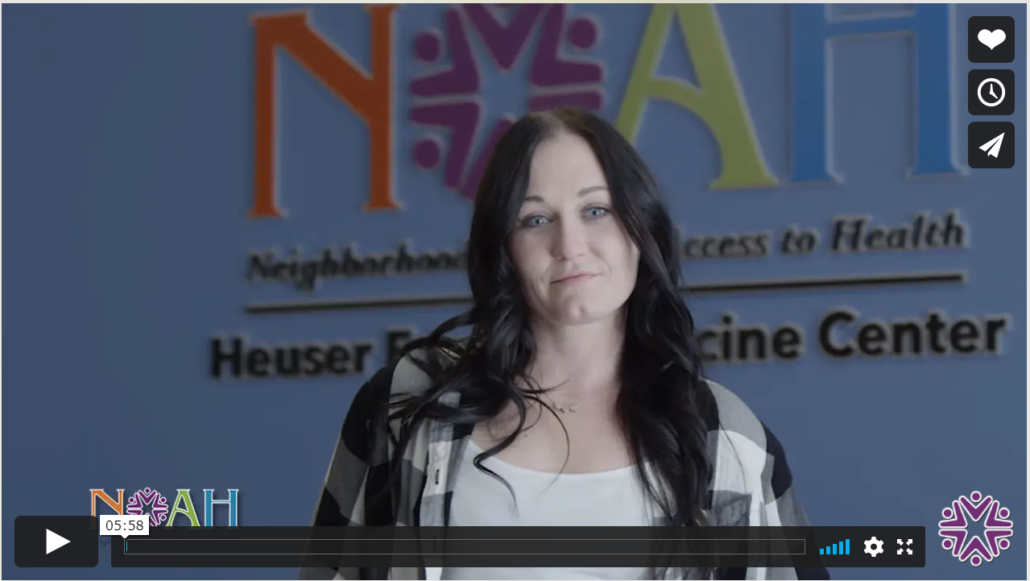Children’s Mental Health & Learning During COVID: A Series
By Zach Clay, Licensed Marriage, Family, and Child Therapy
During this unprecedented and often challenging time, we should consider the impact it has on children. The COVID-19 pandemic can be particularly tough for children’s mental health and their ability to learn. NOAH’s Behavioral Health team shares expert insight, best practices, and resources in this series of posts to help children maintain mental health in the era of COVID-19, social distancing, and distance learning.
Help children understand COVID
It is approximately 11 months after the COVID-19 pandemic began. In many ways, we are still adjusting to different phases of routines and “normal” life activities, and that includes children. Parents and caregivers should be able to talk about the impacts of the virus to help children understand without causing them to feel overly worried or anxious. NOAH experts support the following recommendations from the Child Mind Institute to help guide parents and other caregivers in these conversations with children.
- Welcome their questions. Kids have questions! Any parent, teacher, grandparent, neighbor, babysitter, and friend knows that children have many questions. It’s a good thing because curiosity is an important quality in kids. Questions can range from serious, like “Will Grandma be okay?” to the much less serious, like “Will my favorite videogame store still be there?”. Encourage their questions and take their concerns seriously. Your goal is to help your children be heard and to answer their questions with fact-based information.
- Don’t avoid questions you can’t answer. Telling a child “I don’t know.” is an acceptable answer when it is the truth. There is a lot of uncertainty right now, and things change frequently. While we want to tell our children that everything will be “back to normal soon,” we may not know. Helping your child learn how to accept uncertainty is key to reducing anxiety and helping them build resilience.
- Be developmentally appropriate. Being honest is important, but that doesn’t mean giving too much information which can be overwhelming or confusing for children. Answer their questions honestly and clearly, and if they have follow-up questions they will ask because you have shown them you will answer their questions.
- Deal with your own anxiety. We are living through a global pandemic and economic crisis. This isn’t an easy or normal situation for anyone of any age. It’s okay, and expected, for parents or caregivers to have sadness, stress, or anxiety about everything happening. But don’t try to talk to your children about their questions or stresses if you are feeling anxious or overwhelmed. Take some time before having a conversation or answering your child’s questions because it will be hard to help them if you are struggling. If you are experiencing stress and anxiety about COVID-19 or anything else, NOAH’s counseling team is available.
- Be reassuring. Children may be worried that they will catch the virus or become afraid other people they care about will become sick. Reassure them that children don’t usually get very sick, and that as a family you are doing everything you can to keep them – and other people – safe and healthy by wearing masks, socially distancing, and following other recommendations.
- Focus on what you’re doing to stay safe. Children will feel safe by having parents and other caregivers emphasize the safety measures that you, and others around you (like teachers, coaches, etc.) are taking. Remind kids that washing their hands is helping everyone by stopping the spread of COVID-19 and other viruses.
Keep talking to your kids. When they know you will answer their questions, help find answers together, tell them the truth, and help them feel calm and safe, they will likely keep talking. Many children (and adults) are visual learners and might enjoy learning about the virus with a comic book created by NPR. More on this series for Children’s Mental Health & Learning During COVID to come!



